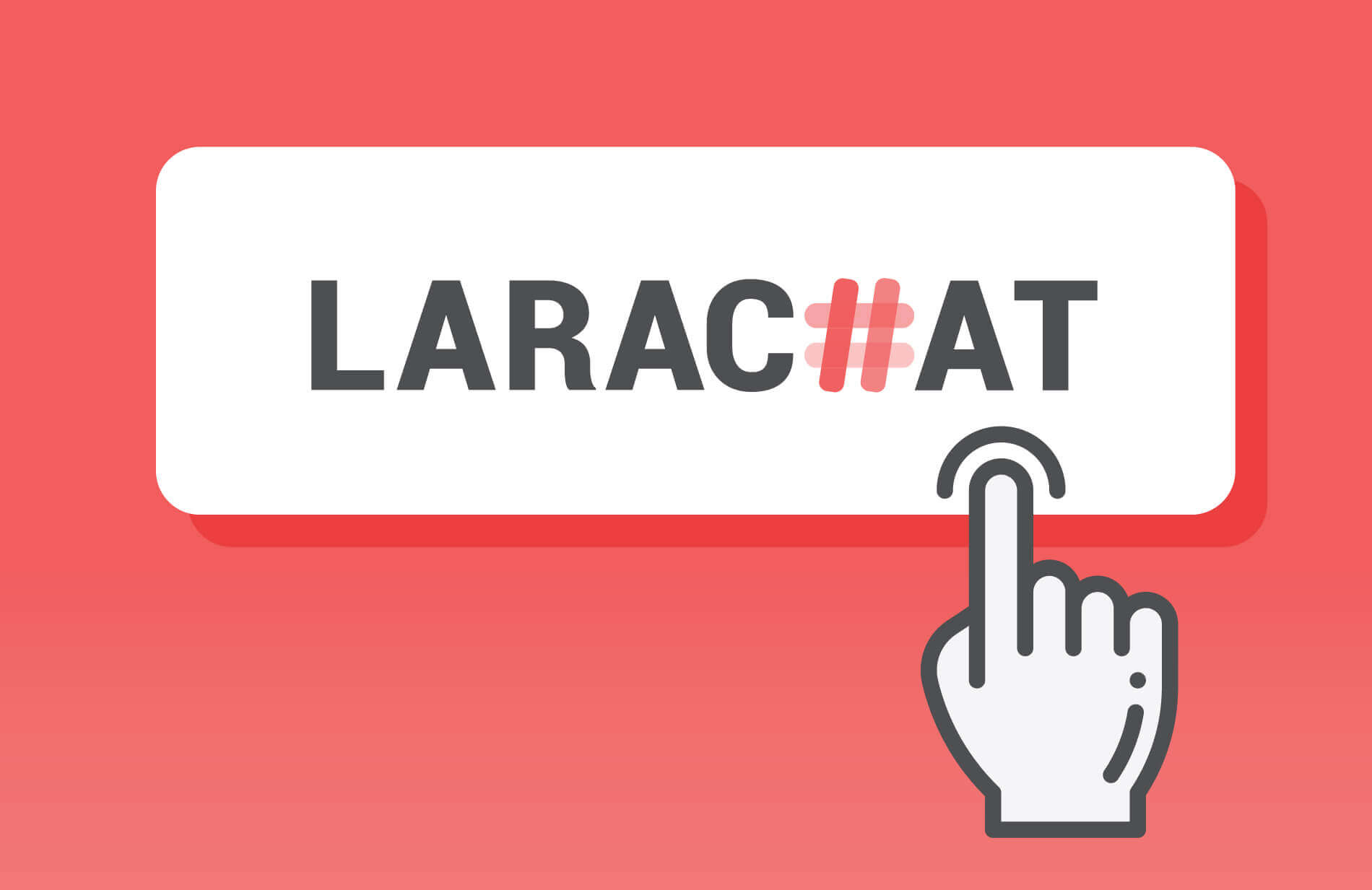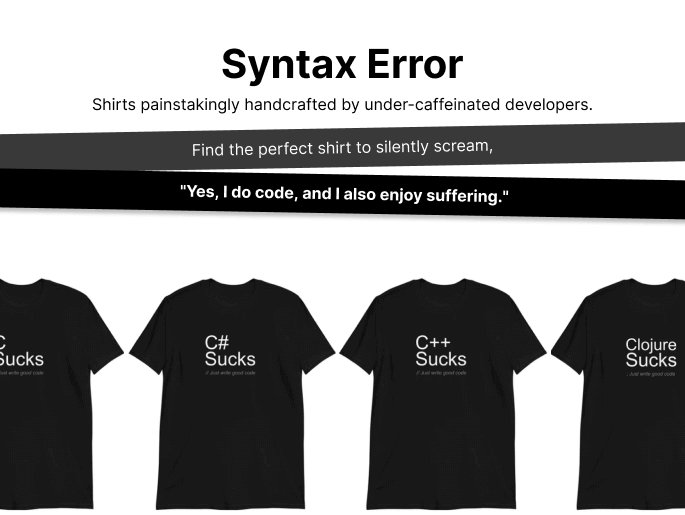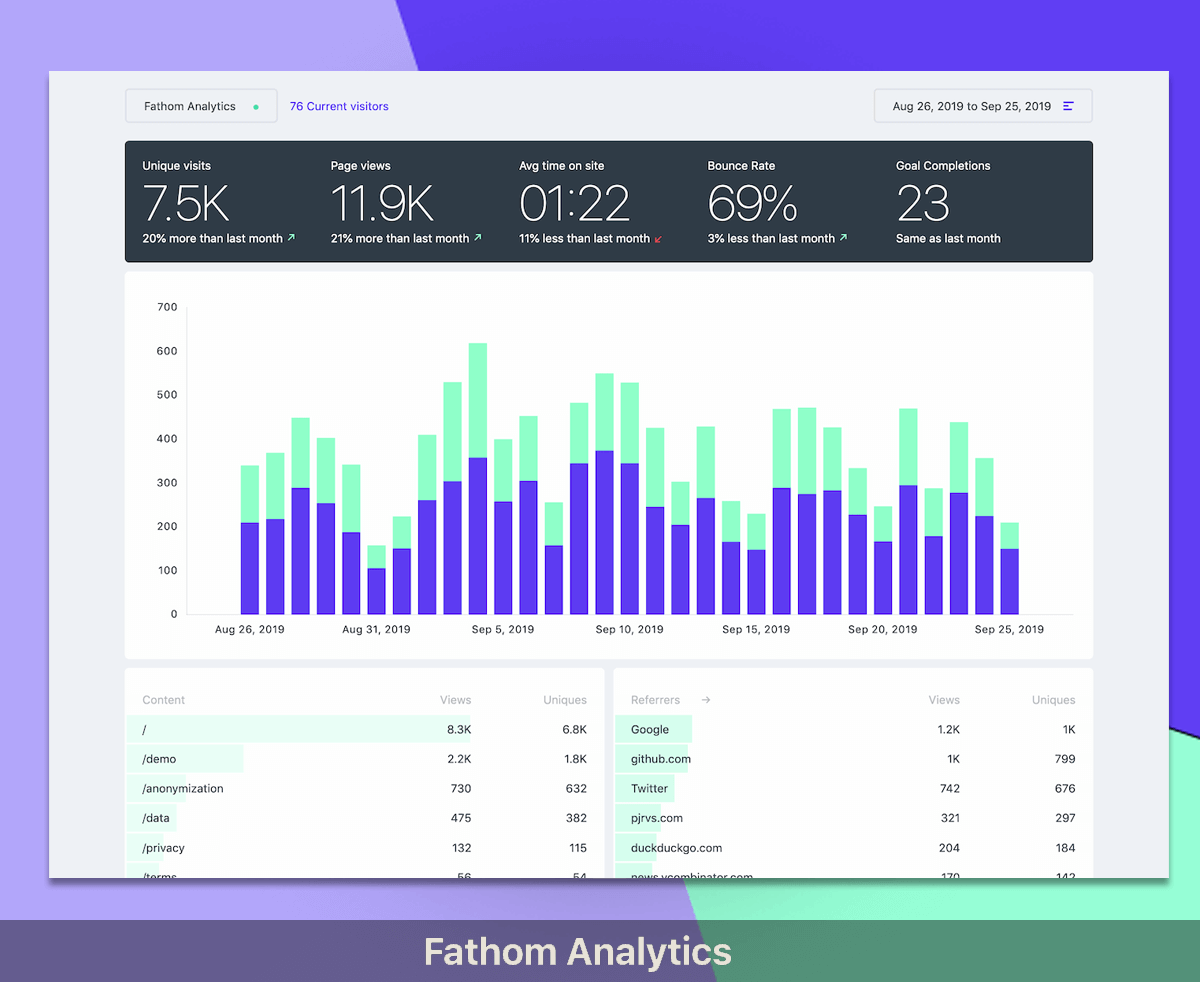Get the latest Laravel/PHP jobs, events and curated articles straight to your inbox, once a week
Source: medium.com
PHP Annotations — Reinventing the wheelCategory: PHP
In this article I will show the implementation that I made of an annotation parser. There are some answers to that question: You will be surprised at how simple it is to retrieve the tags and the respective annotations values of a PHPDoc. Here is the regular expression: In a brief explanation we can say that the regular expression first looks for an @, followed by a single character from a-z, followed by as many as a-z, 0–9 and _. This is stored in a variable as a sub-pattern of the expression, which will be our tags — @([a-z]+[a-z0–9_]*).
Annotations aren’t just code comments, as you might have guessed.They define metadata for classes, methods and attributes, generating extra meaning and even injecting behavior into our classes.The applications are diverse, it will only depend on your imagination the type of implementation that can be done with a parser of annotations, as we can see in the following examples: A weak point of the library, which can be improved in the future, is that it doesn’t parse multidimensional arrays, that is, no matrices in annotations.
Annotations aren’t just code comments, as you might have guessed.They define metadata for classes, methods and attributes, generating extra meaning and even injecting behavior into our classes.The applications are diverse, it will only depend on your imagination the type of implementation that can be done with a parser of annotations, as we can see in the following examples: A weak point of the library, which can be improved in the future, is that it doesn’t parse multidimensional arrays, that is, no matrices in annotations.
Newsletter

Glimpse
Glimpse streamlines Laravel development by seamlessly deploying GitHub pull requests to preview environments with the help of Laravel Forge.
Laravel/PHP Careers





